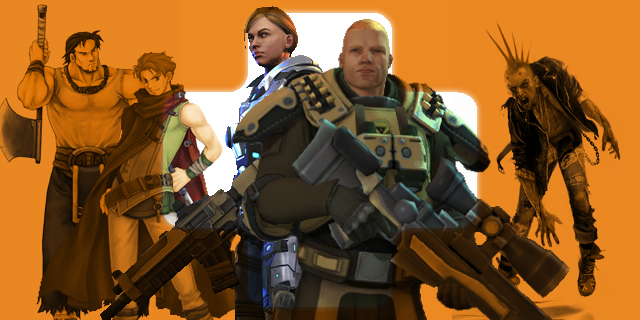
When doing my usual end of the year catch-up on games I missed in 2012, I found myself becoming addicted to XCOM: Enemy Unknown. Yes, the game is fantastic, but it brought to mind something else that I find intriguing about it and a few other games. The idea of permanent death (or permadeath) is something that you don’t see too often, but when it’s used, it can be one of the most effective ways to keep a player coming back for more.
There are two types of character associations regarding permadeath that I tend to see most often: the emotional attachment and the realistic application. The emotional attachment is simply your own personal connection with a character, whether that character is memorable because of the game’s writing or because of your own personal investment into that character. On the other hand, realistic application is more in line with the personal investment, but less due to an emotional attachment and more due to that character’s actual attributes and how beneficial they are during gameplay.
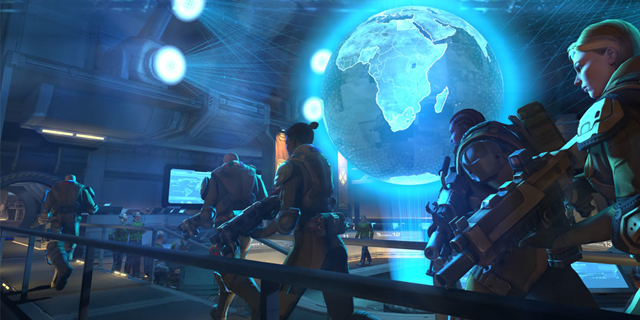
It’s easy to get the two confused. You can be emotionally attached to a character because of their benefits during gameplay, but I feel there is a distinction. For example, in XCOM, I never became personally attached to my squad members as characters. I found them best associated with tools or assets that were necessary in certain situations. For example, if my favorite sniper died, I wouldn’t be upset because I felt emotionally attached to that character so much as I felt like I lost a powerful asset that would be difficult to replace. That character serves a specific purpose and, at that point, no other character was as refined at that purpose as he was. I wasn’t upset because he wasn’t going to see his family again.
That mode of thinking is more interesting to me, and something I find myself falling more in line with. I could spend hours crafting characters in XCOM to fit my perfect specifications. I could have named them after my friends, making their potential deaths even more impactful as a result, but I decided to keep myself away from that notion. I didn’t reject the idea of becoming emotionally attached to an XCOM character of my creation so much as I found it to be something I simply couldn’t do. This is also because I named them all after Suda51 characters. You know why.
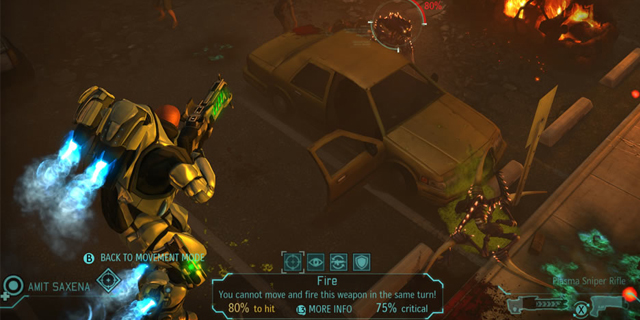
In short, Travis Touchdown’s death was not going to make me lose sleep at night, even if it may have impacted the way I played XCOM from that point forward. This is where I see permadeath becoming a more powerful tool for me, and perhaps even for many others. When you have a preset strategy in mind for your specific team and for specific missions, losing one piece of that could throw everything else off track. I’m someone who hates having to deal with the impact of a loss in XCOM because it changes almost everything about the way I play. Injuries are annoying, but at least I know they’ll live to fight another day.
I eventually did find a replacement for Travis Touchdown and made sure she was better equipped to deal with the situation that caused his demise. While it took some time to get to that point, each step of that process ultimately benefited me in the long run. If you go through all of XCOM without losing a major part of your team, you may be missing out on one of the things that changes it from a solid strategy game into an excellent one. And this is coming from someone who relied too heavily on reloading a save every time someone died. Eventually, I had to let Travis Touchdown go, but it was for the best.
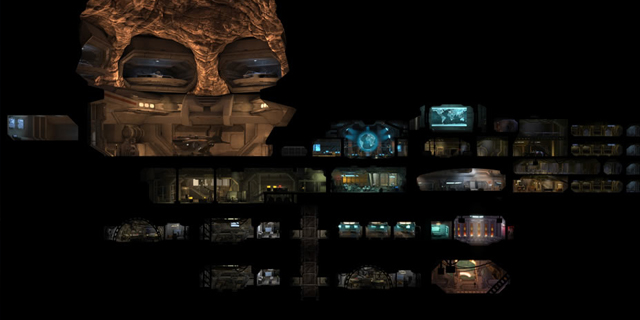
There was even a point in XCOM when everything went so horribly wrong that I lost my entire squad. I almost considered giving up entirely, putting the game back on the shelf and never touching it again. But I walked away, knowing that I needed to think about that before making the decision. After spending a day away from the game, I found myself eager to jump back in and correct those mistakes. Despite my complaints at the time, I was still having fun. I learned to pick my battles more carefully, not dash as much, and turned what could have been more frustrating sessions into one of the most rewarding gaming experiences I’ve had in years. That was all because of one small mechanic and my ability to resist loading up an old save.
Another recent example of permadeath impacting your play experience is ZombiU. Here, the idea of the character as a means to an end is even more essential. Your inventory is one part of that, yes, but you also learn skills the more you do certain actions, such as kill zombies with your default pistol. Once that character dies, all of that progress is gone. You can reclaim your stuff and learn those skills again, but with each death you learn a little bit more about the mechanics at work.
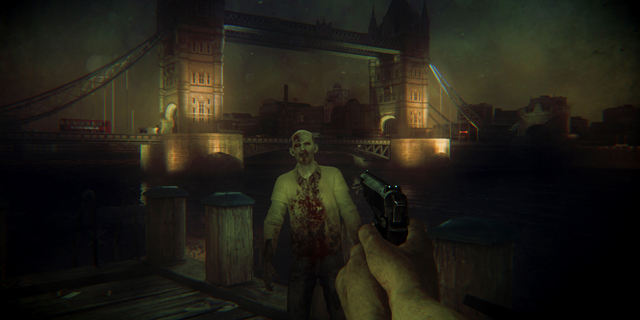
It’s not about the emotional attachment; it’s about the learning process. You have gained knowledge about an area in the game, an enemy type, or something to avoid doing in the future. It may be minimal knowledge, but that loss has made you a better ZombiU player as a result.
My first encounter with permadeath was 2003’s Fire Emblem, and it shook me to my very core. One of these characters can die and they’ll be gone forever? The mere idea of that was astonishing. Thanks to Fire Emblem’s large, RPG-centric cast, it becomes a lot easier to become emotionally attached to certain characters. That was definitely present for me, but it still was less about losing a specific character and more about losing a very valuable asset. You leveled that character up, made sure they were ready for whatever challenges lied ahead, and if they died, it could ruin an entire battle for you. Like with XCOM and ZombiU, it was meant as a learning experience; if you can let go of that character, you’ll be ready for anything.
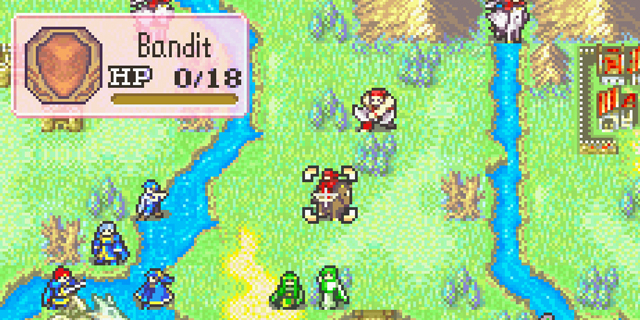
Permadeath teaches you to be more patient, to approach each situation with caution, and to be ready for anything to happen. You may find yourself unable to let go of a character, but if you do, you pick yourself back up and get ready to try again, more prepared than ever. Not every game should rely on permanent character deaths, but it’s one way of making a game challenging and rewarding while still maintaining a difficulty level that most players can overcome. I learned this the hard way with Fire Emblem and eventually with XCOM, but I feel being able to overcome those obstacles made the end goal more satisfying and memorable.



















